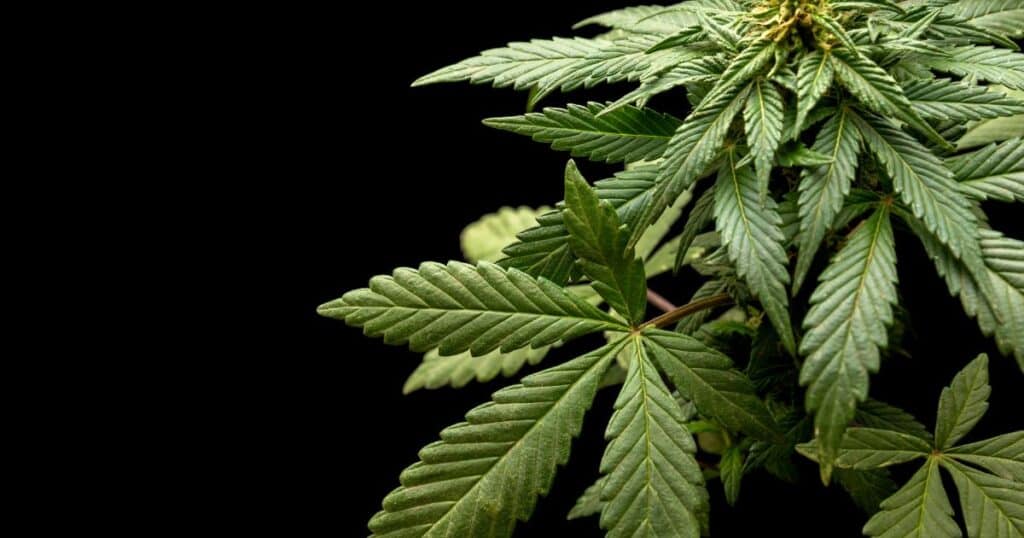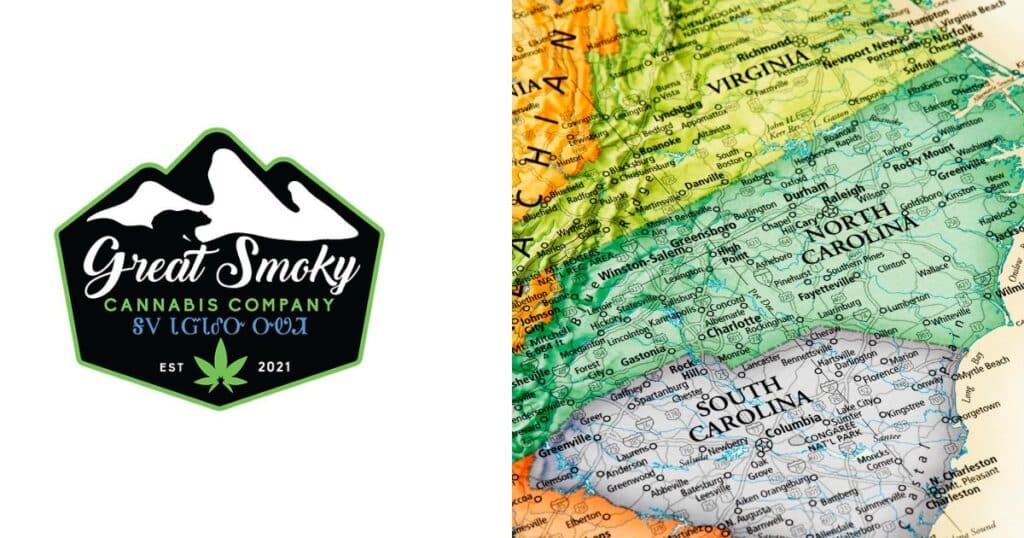Medical marijuana has long been a contentious issue across various states in the US, but on 4/20 this year, a significant stride was made in North Carolina. Despite enduring cannabis prohibition under state law, sales opened on the sovereign land of the Eastern Band of Cherokee Indians (EBCI), marking the state’s first encounter with legalized medical marijuana.
The dispensary’s inauguration offers more than just access to medical marijuana for those in need; it provides a platform for discussion and progress within the state’s complex legal landscape. The Great Smoky Cannabis Co., located on the Qualla Boundary in Cherokee, is not only a testament to the changing views on cannabis but also an opportunity to explore how cannabis might carve a path to the future in North Carolina.

The Legal Context
Cannabis has remained illegal under North Carolina law, with strict regulations governing its possession, sale, and distribution. However, interestingly enough, a 2021 state law has legalized low-THC products, signaling a gradual shift in policies.
The Great Smoky Cannabis Co., located on the Qualla Boundary, showcases the Eastern Band of Cherokee Indians (EBCI)’s progressive stance on medical marijuana, which is legally sanctioned under their laws. The dispensary serves as a concrete result of these legislative efforts.
It should be noted that on the Great Smoky Cannabis Co. website it sates “Important Notice: Upon leaving the Qualla boundary, individuals are subject to state laws, including those regarding cannabis.”
This stark legal contrast between state law and tribal sovereignty highlights a pivotal conversation that invites North Carolina residents: the intersection of personal liberty, public health, and economic prosperity.
Medical Marijuana Access on the Qualla Boundary
While the store might have chosen April 20th as its opening day symbolically, it has become a beacon of hope for individuals with pre-existing conditions seeking therapeutic relief in North Carolina. Only those with EBCI medical cannabis patient cards or approved out-of-state medical marijuana cards can access the dispensary’s offerings currently.
Customers can purchase up to 1 ounce of dry cannabis flower per day, with a monthly maximum of 6 ounces. Concentrated THC products follow a similar structure, with a daily cap of 2,500 milligrams and a monthly limit of 10,000 milligrams, as outlined by an Instagram post from The Great Smokey Cannabis Company.
Economic Opportunities of Recreational and Medical Marijuana
Beyond the buzz of opening day, the economic implications are profound. The state tribe has crafted a domestically cultivated business model, growing its cannabis and overseeing the entire supply chain. Job creation, revenue generation, and a move towards financial independence reflect the underlying socio-economic factors at work.
Lee Griffin, Qualla Enterprises’ human resources director, said during a work session on Feb. 28 that they’ve received over 1,400 applications from people desiring to work at the dispensary.
Currently, Qualla Enterprises, LLC had a team of 69 people – with 74% being EBCI tribal members. And at the cannabis farm in Tsisqwohi (Birdtown), a whopping 91% of the employees are EBCI tribal members.
“We’re really proud of that,” Griffin shared with the Tribal Council last Wednesday. “And we plan to keep that going as we move forward.”
“We’ve been working with two models – medical and adult,” Griffin explained. “For now, we’ve been pretty cautious with the medical side, aiming for about 78 positions across 23 different job titles.”
The numbers jump significantly when looking at the adult model. “If we expand to an adult market, the hiring plan changes a lot. It’s around 350 positions. So, we’re aiming to tap into the adult market on day one.”
“This project will change the trajectory of their lives forever,” Forrest Parker, general manager for Qualla Enterprises, the tribal company that manages the dispensary, said during the opening ceremony. “It will be a conduit to generations of social, economic and spiritual growth, unlike anything that’s ever been witnessed.”
Navigating the Path to Recreational Use
The EBCI’s next step is of significant interest—how, and when, will the tribe move towards allowing recreational use of marijuana? The recent approval of medical marijuana was a significant victory; the potential for recreational use could reshape the landscape even further.
A referendum last September, which saw a majority supporting recreational marijuana, set the stage. The council might finalize an adult usage ordinance as early as this June, implying that Cherokee could soon become a sanctuary, catering not just to the health needs but the recreational choices of its members and possibly even tourists.
A State in Transition?
The story of North Carolina’s medical marijuana dispensary is a tale of two laws, two lands, and a single substance that has the power to unite and divide. North Carolinians, especially those interested in the emerging cannabis sector or suffering from ailments that medical marijuana might alleviate, are in a unique position.
For some, the opening of the Great Smoky Cannabis Co. may signal overdue leniency, while others may view it as the proverbial foot in the door for further legislative dances with cannabis. Patiently, or perhaps not so, the state awaits the verdict on broader cannabis rights, while the dispensary on Cherokee soil acts as a physical reminder of marijuana’s multifaceted role in modern American society.

Medical marijuana in North Carolina has arrived—not with fanfare and fireworks, but with the quiet determination of a tribe to tend to its own, to offer something that is not just herbal relief but also an economic stimulus. It waits for the state to decide whether this model should scale or remain a localized initiative.
North Carolina’s story unfolds, and the tale of the Great Smoky Cannabis Co. stands as a chapter people will reread, critique, celebrate, and debate.

















